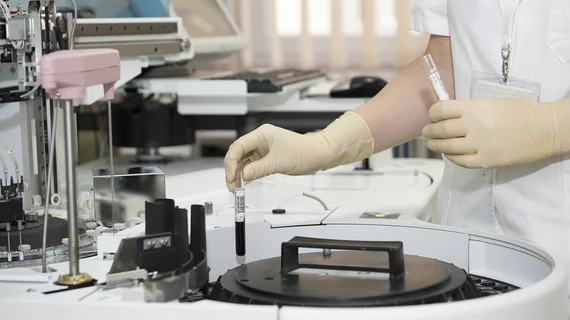STD rates skyrocket to new record levels
Sexually transmitted diseases (STDs) are skyrocketing across the United States, according to a new report from the CDC. From 2013 to 2017, the number of cases of chlamydia, gonorrhea and syphilis rose 31 percent, to 2.3 million cases in 2017.
The number of cases marks a new record for the country and is the fourth consecutive year of sharp increases in STDs, according to the CDC. Studies suggest that socioeconomic factors such as poverty, stigma and discrimination, and drug use contribute to STD increases, according to the CDC.
From 2013 to 2017:
- Syphilis cases increase 76 percent.
- Gonorrhea cases increased 75 percent.
- Chlamydia rates rose 22 percent.
All three diseases are curable with antibiotics, though they only represent a portion of the overall disease burden.
“We are sliding backward,” Jonathan Mermin, MD, MPH, director of CDC’s National Center for HIV/AIDS, Viral Hepatitis, STD and TB Prevention, said in a statement. “It is evident the systems that identify, treat and ultimately prevent STDs are strained to near-breaking point.”
Most cases of chlamydia, gonorrhea and syphilis also go undiagnosed and untreated, adding to the national STD epidemic and resulting in severe adverse health effects, including infertility, ectopic pregnancy, stillbirth and increase HIV risk. Furthermore, antibiotics may not be effective against gonorrhea in the future.
“We expect gonorrhea will eventually wear down our last highly effective antibiotic, and additional treatment options are urgently needed,” Gail Bolan, MD, director of CDC’s Division of STD Prevention, said in a statement. “We can’t let our defenses down—we must continue reinforcing efforts to rapidly detect and prevent resistance as long as possible."

